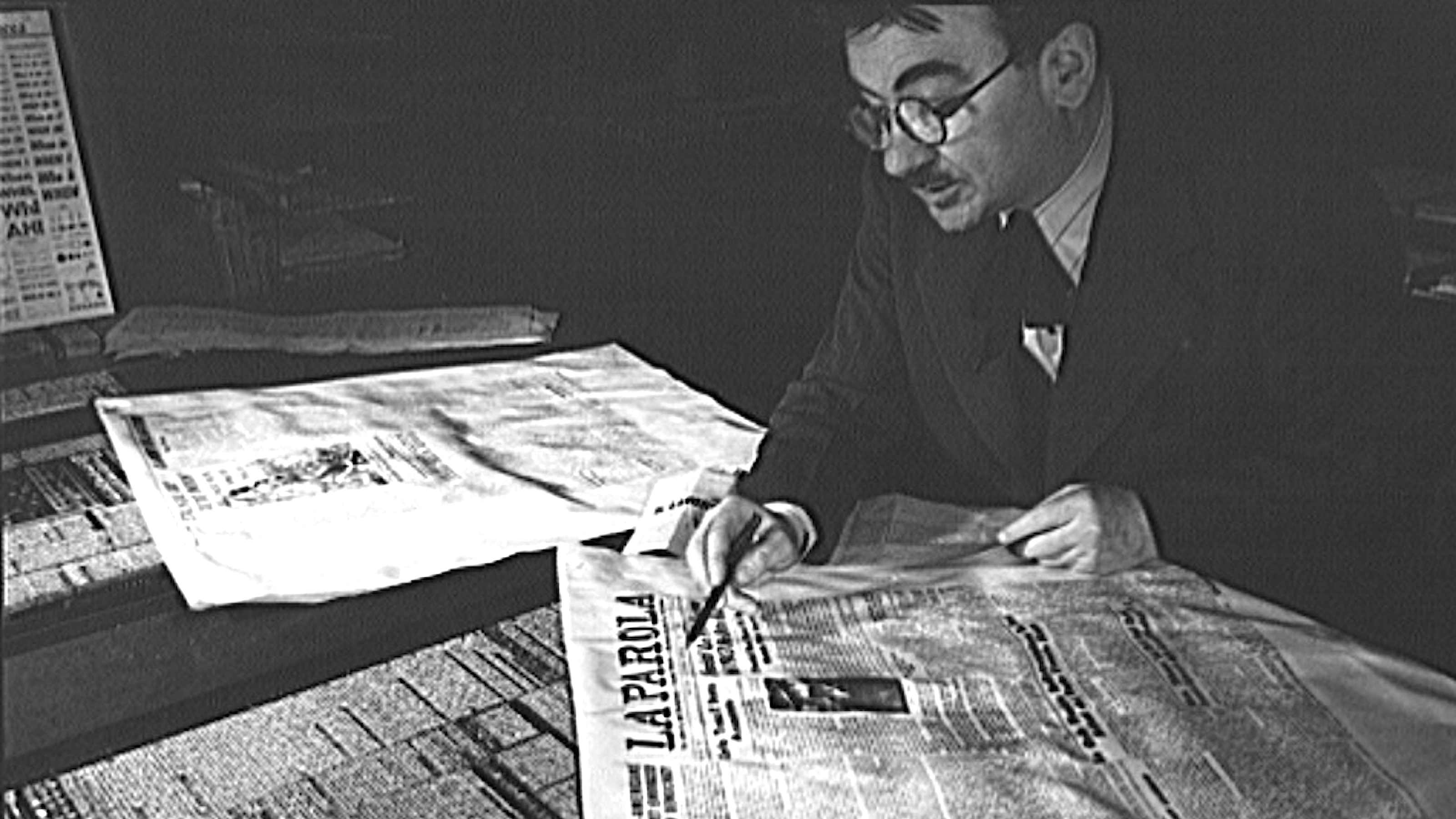Economist: Blame France for the Great Depression

As if this weren’t bad enough, Douglas Irwin, an economist at Dartmouth, is out this week with a new grievance against France. He says it bears much of the blame for the Great Depression.
Well, the title of his paper does. The argument itself points the finger at 1920’s-era policies in both France and the United States. But American responsibility is a familiar idea. Irwin wants the French to join us in economic infamy.
Any economic collapse is a psychic collapse. Once people stop believing in the economy, it ceases to function. A question of more-than-academic interest nowadays, then, is: Why do they stop believing?
One important school of thought focusses on governments’ ill-advised decision, during the 1920’s, to peg their currencies to gold. When its currency’s value is defined as a fixed amount of gold, a nation’s supply of money is limited by its gold reserves. That’s a defense against inflation, but when faith is failing, inflation isn’t the problem. To get people buying, loaning and investing, governments inject cash into the system (as the United States did with the stimulus plan, which, as far as it went, seems to have worked).
Early in the last century, large nations abandoned gold to pay for their immense costs in fighting the first World War. Afterwards, though, they returned to pre-war gold exchange rates. According to a well-respected economists (including Ben Bernanke, now chairman of the Federal Reserve), this robbed governments of tools they could have used to restore faith and keep money circulating, and hence made the crisis much worse.
However, Irwin points out, the world wasn’t anywhere near “peak gold” during the 1920’s and 1930’s. Instead, supplies of the stuff rose during those decades. So gold wasn’t an absolute constraint on the money supply.
Economists have blamed the United States for, in effect, hoarding gold. But, Irwin writes, “often overlooked is the fact that France was doing almost exactly the same thing.” (Actually, Bernanke has mentioned this fact in his own accounts—as you can see by searching “France” in this lecture.) France’s share of world gold reserves was 7 percent in 1926. By 1932, it was 27 percent.
“Over the entire period from 1928 to 1932, France had a greater deflationary impact than the U.S.,” Irwin writes. “France could have released 13.7 percent of the world’s gold stock, while the US could have released 11.7 percent, and still have maintained their 1928 cover ratios.” (A “cover ratio” was the percentage of actual gold required to back up a given currency—at the time, 40 percent for the U.S. dollar.)
Based on the amount of gold they kept locked up, Irwin concludes, “the Federal Reserve and Bank of France directly account for about half of the 30 percent deflation experienced in 1930 and 1931.” (If the current economy will let you spare $5, you can buy the entire working paper here.)
Yet another reminder that when our two great nations act in concert, we can change the world. (Thanks to Charnjiv Brar for the link.)





